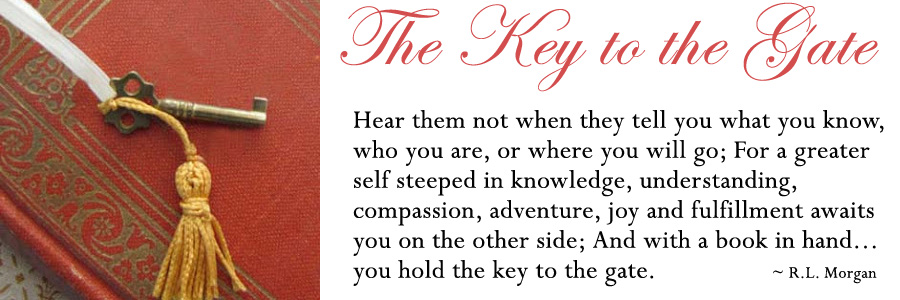"I think perhaps I am one of those lucky mortals whose work and whose life are the same thing. It is rare and fortunate."
~ Steinbeck, page 157
Journal of a Novel: The East of Eden Letters by John Steinbeck is a compilation of the letters that John Steinbeck wrote to his longtime editor and friend, Pascal Covici, during the writing of his masterpiece East of Eden. Each working day, Steinbeck would begin by writing a letter to Covici as a warm up to the day's writing, describing which scene he was to work on that day. It is a rare glimpse into the mind of a writer and the process of putting thoughts into words. The letters also reveal a look at the man himself, his hobbies and interests, as well as fears and fatherhood. Together, the letters serve as a journal with details about his day and personal life. With this book, the reader is provided the unique experience of sitting with Steinbeck as he creates his most challenging novel. I highly recommend this book for Steinbeck fans, as well as those interested in writing. At many times, he describes his joy in writing this story and is in no hurry for it to end. I felt the same upon reaching the end of this journey.
Happy Reading!
Rebecca





